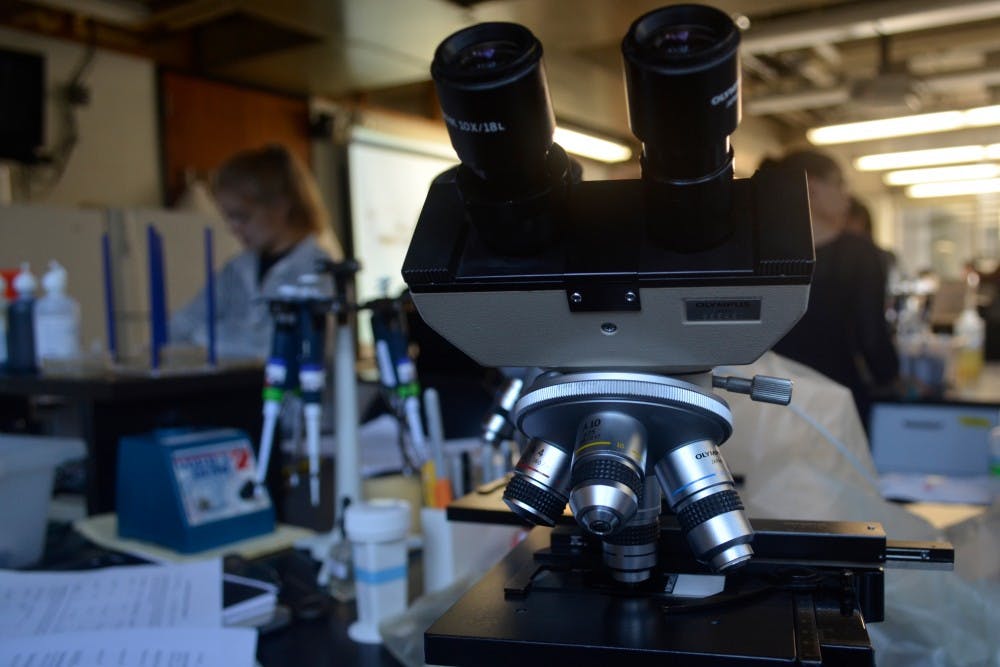
Penn neuroscientists have found that animals’ brains can suppress feelings of chronic pain when they are hungry.
The study, which was published in the science journal Cell, found that temporarily shutting down chronic pain is part of animals’ survival behaviors when searching for food.
According to a press release, approximately 300 neurons are capable of shifting the brain’s focus to hunger, thus eclipsing the effect of chronic pain.
"We didn't set out having this expectation that hunger would influence pain sensation so significantly, but when we saw these behaviors unfold before us, it made sense," said co-author Amber Alhadeff, a 2009 College graduate who is now a post-doctoral researcher at Penn. "If you're an animal, it doesn't matter if you have an injury, you need to be able to overcome that in order to go find the nutrients you need to survive."
Alhadeff and her team conducted experiments on mice and found that compared to their well-fed counterparts, hungry mice had less of a response to inflammatory pain. The effect of hunger on mice is similar to that of an anti-inflammatory painkiller, the report said.
The Penn team also discovered that the neurotransmitter NPY is primarily responsible for selectively suppressing pain responses. This research could potentially be applied in humans to ameliorate chronic pain after injuries and serve as an alternative to opioid medications.
"We don't want to shut off pain altogether. There are adaptive reasons for pain, but it would be great to be able to target just the inflammatory pain," Alhadeff explained.
Apart from this study, the Penn Neuroscience department has published a range of discoveries in recent months.
In December, as part of the Restoring Active Memory Project, Penn neuroscientists created the first complete brain map to track electrical connections and memory stimulation, an important device to be used in Alzheimer’s research.
In February, a Penn research team found that timed electrical stimulation can enhance memory performance. In early March, the Wharton Neuroscience Initiatives was launched to integrate business into the academic fields of neuroscience by bringing speakers to campus, reconstructing academic schedules, and providing research opportunities.
The Daily Pennsylvanian is an independent, student-run newspaper. Please consider making a donation to support the coverage that shapes the University. Your generosity ensures a future of strong journalism at Penn.
Donate






